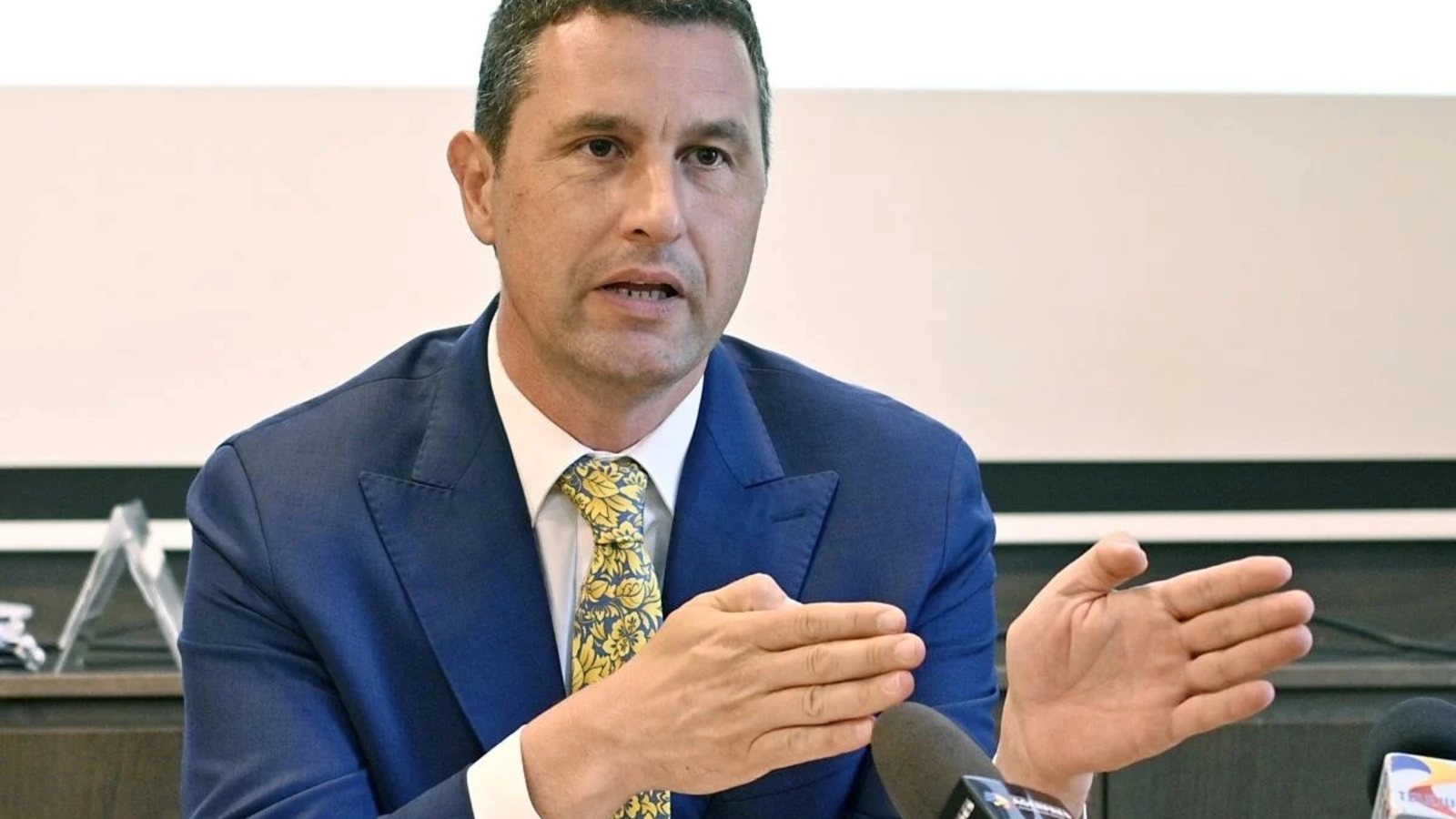Romania can no longer afford slippages next year, and what will be proposed in the budget will have to be respected as such, believes the Minister of Finance, Tanczos Barna.
He specified, in the context, that he does not want to burden the business environment even more and that he will do everything possible to avoid an increase in the VAT rate or the income tax.
"I will do my best to build the 2025 budget without an increase in VAT and income tax. We will see in January what the final annual situation with the deficit is, we will have all the expenditure forecasts for each main credit authorizing officer, we will try let's stay within this limit of 7% (deficit, ed.n), although it is extremely restrictive. I don't want to burden it even more business environment, we don't want to burden consumption even more," declared the Minister of Finance on Monday, in the briefing at the end of the Government meeting.
Tanczos Barna announced that next year's budget could be approved by the end of January if things go according to plan.
"The budget space is what will guide us throughout 2025, stability is paramount, our message to the financial markets must be firm, if we assume a budget deficit we must respect it in the conditions in which we face significant challenges both nationally and internationally, so things must be kept under control, and what will be proposed and promised in the year's budget 2025 must be respected as such. We can no longer afford slippage, neither up nor down. If we budget any expenses that fit into the budget envelope, they must be done, if they cannot be done, we must say at the beginning of January that we do not have the possibility of the respective payments and these things must be assumed," the cited source emphasized.
The government approved, in Monday's meeting, several fiscal measures contained in the Train Ordinance, including the increase from 8% to 10% of the tax on dividends and the reduction of the threshold for micro-enterprises from 500,000 euros to 250,000 euros, including during the fiscal year, and starting with January 1, 2026 at 100,000 euros. A 1% tax for special constructions ("pole tax") was also introduced and salary and pension freezes were decided in the budget sector.
The government decided in Monday's meeting that the tax for special constructions (the "pole tax") should be reduced from 1.5%, as was originally provided for in the "Train Ordinance", to 1%, and the rules for implementing this measure will be developed within 90 days, the Minister of Finance, Tanczos Barna, informed during the Government meeting.
"The emergency ordinance provides for the introduction of a new tax, the tax for special constructions. Being a very complex field, I expressly requested that the term for the elaboration of the rules be 90 days. During these 90 days, the analyzes will be done with all the affected industries, all the fields that can be affected by this new tax on special constructions (...) Today a change was made, it is no longer of 1.5% is 1%. The tax will be applied according to the ordinance on constructions other than those that are taxed at the local level," explained the Minister of Finance.
He added that the Ministry of Finance will come up with a proposal for rules and the details related to the impact on each individual field will be analyzed, starting with roads, electricity infrastructure, communications infrastructure, etc.
"It is a very complex field. I would have liked this analysis to be done before the decision. (...) Revenues are revenues to the budget. But, once again, in the next 90 days we have the necessary respite to to discuss with all the industrial branches involved, to see the exact impact and to work on sustainable, correct implementation norms and norms that can lead to a real implementation (...) The impact must be calculated in fact, it depends on each industry and the rules must be developed as such," said Tanczos Barna.
According to the minister, the first payment would be made after July 1 and the second after October 1, with the details to be established in the rules.
This tax is a recommendation of the World Bank, stated Tanczos Barna. The Energy Employers' Federation (FPE) drew attention on Monday morning that the measure regarding the introduction of a 1.5% tax applicable to special constructions (the so-called "pole tax") was proposed without consultation and without a prior social dialogue with the actors in the field and considered that this tax is excessive and could have a severe impact on strategic economic sectors.
AGERPRES
































Comentează